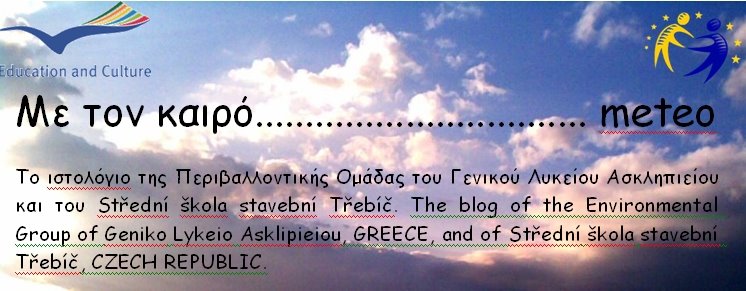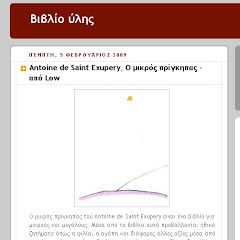- When the sun is shining people exclaim: “What a glorious day?!” - “The sun is trying to come out” when it is cloudy and you can just see the sun’s ring through the clouds
- If you have been abroad the first question you are asked by a Brit is “How was the weather?”
- You just meet someone for the first time, you get introduces… and start chatting …. I bet that you will start talking about the weather in less than 10 min
It is clearly a British thing to talk about the weather … constantly, even if the weather is bad or good or neutral. This was one of the first things I noticed since I moved over here in 1999 …. The second thing it was how many strange words (Remember English is not my first language and I only had the First Certificate in English when I came here) to describe the weather and in particular rain… have you come across any of them: damp, wet, smirr, spots, drizzle, shower, rain, downpour, torrential, cataract?? Ok, quite a few of them are used primarily in Scotland, as this is where I stayed most of my years, but still, try to count them … 10 – On the contrary, in Greek we can count an equivalent amount of words describing a sunny day, sunshine or how hot it is!! Who will try to find a few and post them at the blog?
[A Swedish friend of mine told me once that in Sweden there are at least 10 words to describe snow…, yes, snow… depending on its colour, when it fell and its quality for skiing…I visited Stockholm a few weeks ago and indeed this is the case. I can think of only one Greek word to describe snow…. Help!!!!]
As time passes by, I am getting used to this custom and I have also started to talk about the weather …. But again, when my parents (especially grandparents!!) call me they also talk about the weather in Greece … why is this?? Is it possibly because they are farmers and weather conditions are a significant factor in farming their trees? What do you think? Or is it just a way for people to talk about ordinary things when initiating a chat??
How about in Czech Republic? Do you talk about the weather all the time or you care for more important things??
Marina B. (ex Dimenian, ex Glaswegian, now a Londoner) - An alumni from Lyceum Asklipiou
Ps. I have to admit that my favourite word for rain is “drizzle” – Scottish people pronounce it with an extra touch of “R” – basically, when it drizzles it is like someone sprays on you…you cannot hold an umbrella as most commonly it will be windy at the same time, so you just walk with a hat or a hood on… the raincoat is elementary my Dear Friend Watson!
 Number of the population: 510 000
Number of the population: 510 000






